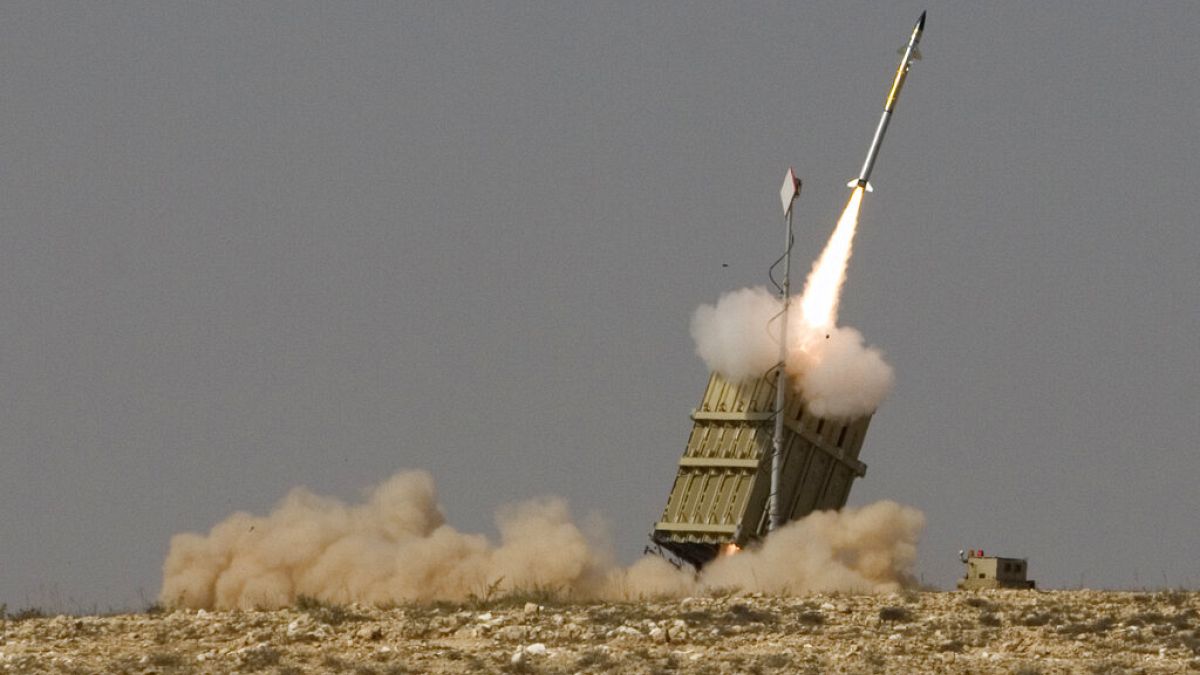How could Iran's attack on Israel affect raw materials?

Following Iran's recent offensive against Israel, investors have become nervous and are speculating about the possible consequences for raw materials. Here's a breakdown of the situation and its possible repercussions.
On Saturday, April 13, Iran launched around 300 drones and missiles against Israel, in retaliation for the destruction of the Iranian embassy in Syria . Although Israeli defense systems, reinforced by support from the United States, United Kingdom and European allies, neutralized 99% of the threats, the incident has sparked concerns about an escalation of tension in the unstable Middle East.
Following the attack, the White House clearly opposed any Israeli retaliatory action against Iran, with the aim of avoiding an escalation into a regional armed conflict. However, the Israeli war cabinet remains divided over how and when to respond, a situation that adds much uncertainty to an already precarious situation.
Despite the success of the Israeli defense against attacks from Iran , geopolitical tensions in the Middle East continue unabated, posing potential risks for global commodity markets.
Impact on oil prices
On Monday morning, oil prices saw a 1% decline, with West Texas Intermediate, WTI, falling to $84.80 per barrel and Brent crude oil falling to $89.50 per barrel by midday. central European time.
This initial reaction was influenced by the nature of Iran's attack , which Goldman Sachs, one of the world's largest securities and investment banking groups, called "well-telegraphed and relatively limited."
However, the possible Israeli response to the Iranian attack remains uncertain , and is expected to significantly influence the stability of regional oil supply.
According to Goldman Sachs experts, Iranian crude oil production has increased to approximately 3.4 million barrels per day, which represents 3.3% of global supply and represents an increase of about 0.6 million barrels per day in the last two years, with the majority of exports directed to China.
Although oil prices currently include a risk premium of between $5 and $10 per barrel due to potential supply disruptions , they are susceptible to rebounding in response to any escalation of tensions.
Precious metals post modest gains, industrial metals brace for Russia sanctions
Contrary to expectations that gold could rebound as a safe haven asset, there was only a modest rise in precious metals immediately afterwards.
The slight rise of 0.4% in gold prices suggests that, although investors remain wary, there is not a frantic move towards this traditional safe haven asset, probably due to the major global effort to avoid a further escalation of the conflict . In contrast, silver saw a noticeably larger rise of 1.3%.
While escalating tensions in the Middle East could impact demand for precious metals, the outlook for interest rates is crucial as central banks could rethink their path on rate cuts due to heightened geopolitical risks. and inflationary.
On Monday, the Lithuanian member of the European Central Bank, ECB, Gegiminas Simkus, declared that geopolitical shocks, such as an escalation of the conflict between Israel and Iran , could nullify the entity's rate cut in June.
Regarding industrial metals, the US Treasury and the British Government announced new sanctions against Russian aluminum, copper and nickel. Effective immediately, starting Saturday, April 13, these measures, which prevent Russian metals from being traded on Western stock exchanges, are intended to reinforce economic pressure on Russia.
Goldman Sachs has indicated that these sanctions may not immediately alter supply and demand dynamics, as Russian producers may continue to sell to non-British and non-US exchanges. Western economies have already significantly reduced their exposure to Russian aluminum over the past two years, with European countries buying less than 10% of their total aluminum imports from Russia.
According to Goldman Sachs, China, India and Turkey will likely absorb any increase in Russian metal, given the likely price incentives . Aluminum rose 2.1% this Monday, copper fell 0.7% and nickel remained stable.
In summary, although the immediate impact of Iran's attacks on commodity markets has been relatively moderate, the ongoing geopolitical tension and policy responses will continue to influence investor confidence , causing market fluctuations in the coming days. .











0 Comments
Please don't enter spam link in the comment box